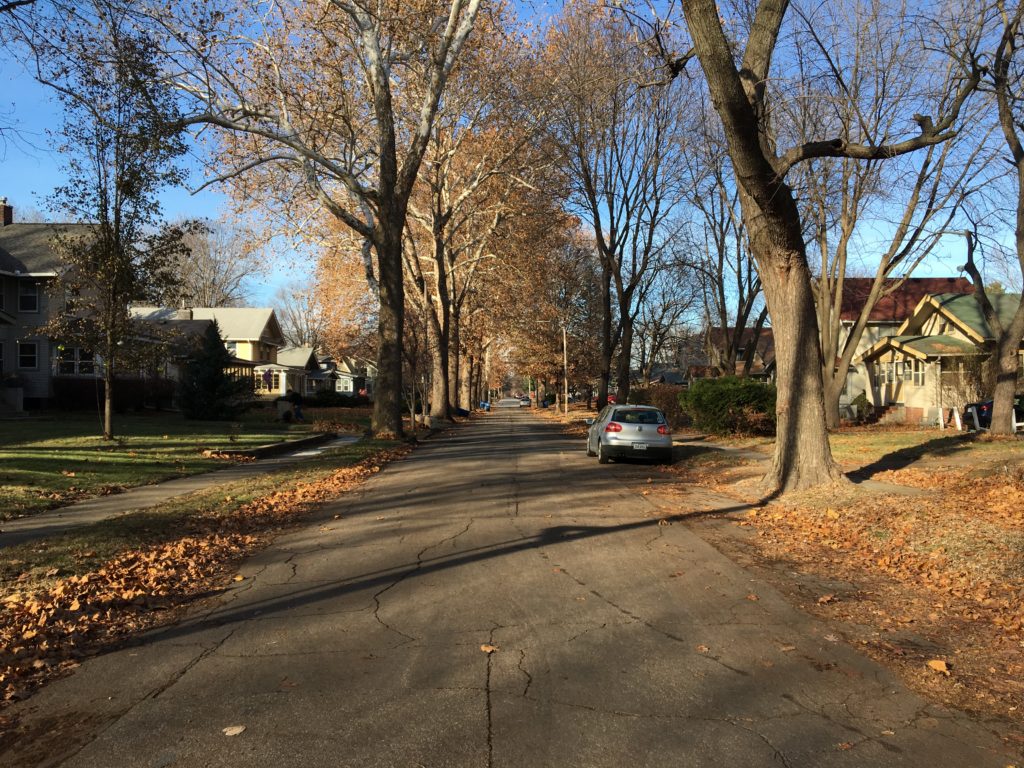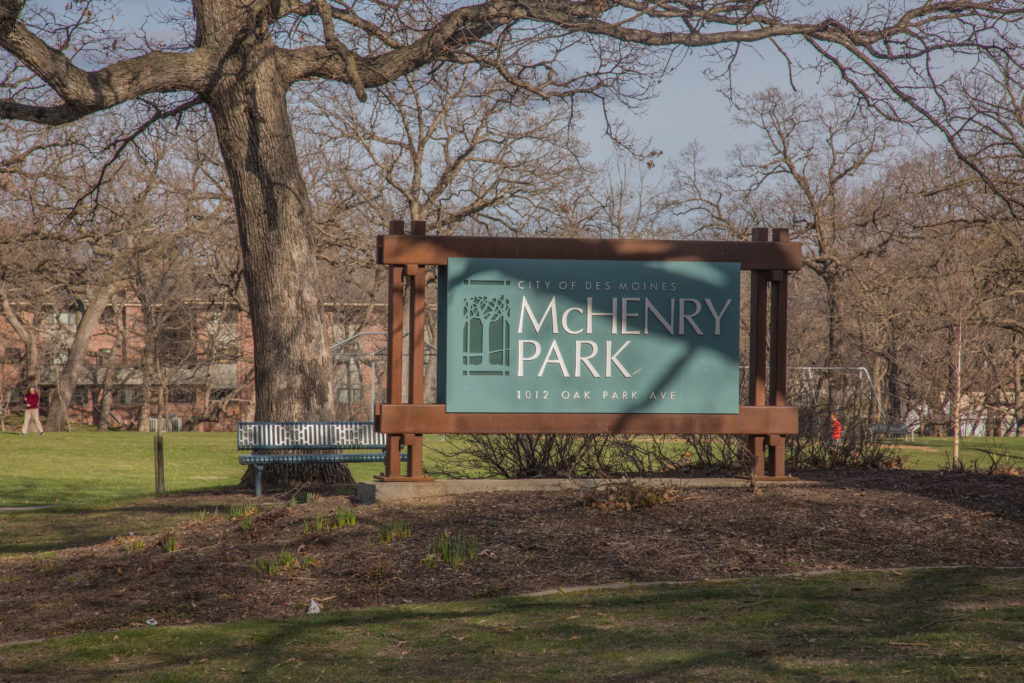Get Involved
NCST’s work increases access to homeownership, promotes resilient neighborhoods, and advances racial equity by advocating for policy change.

The City of Des Moines has a long, proud history of working with neighborhoods. With over 80 square miles of territory and 50 organized Neighborhood Associations, it’s not a small task. The City’s Neighborhood Revitalization Program, has, for 30 years, brought residents and stakeholders together to understand needs, develop plans, and focus resources on one small area at a time. The goal of the program is to enhance livability and quality of life for Des Moines residents.
In 2017, the City commissioned an evaluation of the program. A finding of the evaluation was that many of Des Moines’ middle neighborhoods are failing to maintain their value against inflation, and that the city is losing middle households to the suburbs. This also means that residential property tax revenue is slowly eroding over time, endangering the City’s ability to provide core services to all neighborhoods.
The age of the housing stock means that these neighborhoods have a special challenge in competing for the choices of middle households, but with relatively modest investments aimed at updating and repositioning the housing stock for today’s buyers, the City is betting that the trajectory of those neighborhoods can be turned to once again become strong choices for middle households.
To test this theory, the City Council selected four pilot areas: Oak Park / Highland Park, on the city’s north side; Columbus Park, just south of downtown; Drake, south and east of Drake University’s campus; and the Franklin Area, west of Glendale Cemetery. Stakeholder committees from each area began meeting in November 2018 to develop plans. The process is focused on understanding the real estate market in each place and creating strategies that build upon each neighborhood’s unique assets.
Each planning area, or Special Investment District, is a carefully chosen set of blocks where planners believe there is a ripe opportunity to jumpstart the housing market. “There are dozens of areas across the city where revitalization is a realistic goal” says Connie Boesen, At-Large City Council member. “Unfortunately, we don’t have the resources to be in all of them at once. We’re starting with four places that already have momentum, including private redevelopment interest, public investment in amenities, or strong and active resident leadership. Our goal is to expand the program to other neighborhoods over time.”

Planned activities range from renovating existing homes to new housing construction, filling gaps in the sidewalk network to complete street projects, revitalizing commercial corridors and attracting new businesses, to building brands for the neighborhoods that strengthen identity and enhance sense of place. Staff and residents want the improvements to benefit everyone, and are mindful to ensure that preserving and integrating new affordable housing units is part of the plans.
The implementation timeline for each district is ten years. The City has committed $50 million for plan implementation in the four Special Improvement Districts over that time period. The City is also talking with Polk County about partnering in this effort. Funds will come primarily from a municipal bond, a sign of just how much the City believes that this investment will pay off. Citywide, additional investments in code enforcement, expanded library hours, park improvements, and critical infrastructure projects like filling gaps in the sidewalk network, street reconstruction, and sewer upgrades will be funded through a new sales tax increase that was just approved by voters this year. Existing CDBG and other commitments to citywide home improvement and affordable housing remain in place, with nonprofit partners continuing that work.
As each Special Investment District realizes improvements, new areas will begin to undertake the planning process. “This is a long-term strategy; we know that change will not happen overnight”, says Scott Sanders, City Manager. “We want to invest public dollars to help current and future residents feel confident that their own investment in their property and neighborhood is going to be worthwhile.”
To learn more about the program, contact Amber Lynch, Senior Planner, at 515-283-4223 or [email protected].
To receive updates on middle neighborhood Community of Practice activities and general information about middle neighborhoods, please sign up here. By signing up, you will also receive the bi-monthly Community of Practice newsletter.
NCST’s work increases access to homeownership, promotes resilient neighborhoods, and advances racial equity by advocating for policy change.